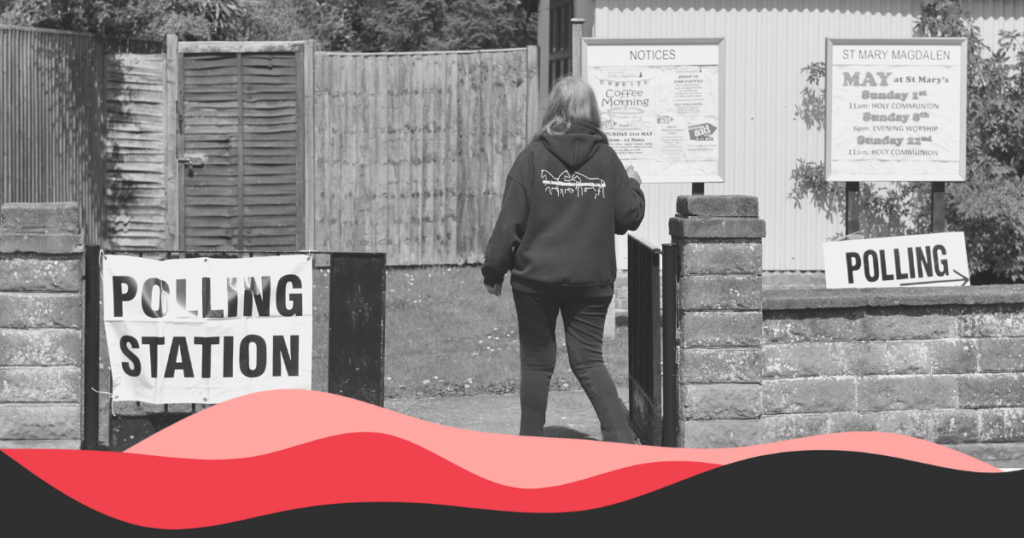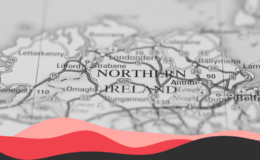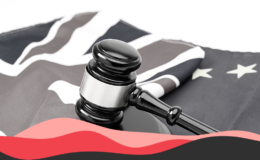
What is the electoral register?
The Electoral Commission describes the electoral register as “a record of the names and addresses of people eligible to vote in elections and referendums”.
The register provides the list of those who are eligible to vote. People not included on the register cannot take part in elections and referendums. The register is also used for other public purposes, such as conducting boundary reviews and selecting people to undertake jury service, as well as for consumer credit rating calculations and marketing.
How is the electoral register maintained in Northern Ireland?
Northern Ireland has a system of continuous, individual electoral registration. In practice, this means that an eligible elector only has to re-register when there is a change of name, address or nationality, or when there is a Northern Ireland-wide canvass.
The Chief Electoral Officer is responsible for maintaining the electoral register.
The Electoral Fraud (Northern Ireland) Act 2002 introduced individual registration, which replaced the previous system of household registration (a form completed annually by ‘the head of the household’). The Act also abolished the “carry forward” of electors, where those who did not respond to a canvass form were nevertheless added onto the next year’s register. In 2006, the annual canvass was abolished and replaced with a process of continuous registration.
The Electoral Office for Northern Ireland (EONI) has access to official data sources to help maintain the accuracy of the register (for example, notifying young people when they turn 18 and removing people from the register when there is a house move or a death).
The option of online electoral registration was extended to Northern Ireland in June 2018.
Did continuous registration completely replace the registration canvass?
No. The Representation of the People Act 1983 (section 10ZA) mandates a full canvass every ten years starting in 2010 (unless the Secretary of State ordered otherwise, a caveat only in place for 2010).
In intervening years, the Chief Electoral Officer must recommend to the Secretary of State for Northern Ireland by 16 April every year whether or not an additional registration canvass should be conducted.
To stay on the electoral register, everyone should reply to the communications that will be sent out by the Electoral Office for Northern Ireland over summer and autumn 2021. There will be a number of pieces of communication, such as informing when the canvass is happening, requesting people to respond to the canvass online or using a paper form, and reminding people previously on the register that they have not reregistered. The Electoral Commission will also be running a public information campaign to highlight the importance of completing the canvass. EONI may send out pre-populated forms using census data to some categories of voters less likely to register online.
A full canvass doesn’t quite wipe the register and start again from scratch. In fact, legislation supports a “rollover” process so even if no form is returned for an existing elector or a form is returned with insufficient information, if the Chief Electoral Officer is satisfied from official data sources within the last 12 months or other means that that the person is still alive and resident at an address, then the CEO can choose to retain the voter on the register for another two calendar years. Registrations that rollover after the 2021 canvass will then remain on the register until their removal in late 2023 if those voters have still not replied to further letters chasing their re-registration.
The 2013 canvass added 47,196 voters (including 9,945 young people who had turned 18) to the register whom EONI had no previous record of being registered to vote in Northern Ireland. After that canvass, 112,013 voters were rolled over and retained on the register using data-matching techniques for a further three (extended from two) years.
During and after the canvass, the normal continuous electoral registration process is still available for people to join, or re-join, the register.
When was the last canvass?
The Chief Electoral Officer at the time (Douglas Bain) recommended to the Secretary of State that no canvass should take place in 2010 as “an annual canvass within less than nine months of the General Election would almost certainly result in a significant reduction in the eligible electorate”.
The first canvass under the new process eventually took place in 2013.
When is the next canvass?
The legislation specified that a canvass was due to be conducted in 2020, but a Coronavirus legislation amendment extended the deadline until 2021. (After 2021, the next mandatory canvass will be in 2030.)
A number of pieces of legislation were made on 15 June 2020 to define paper and electronic registration methods.
The Northern Ireland Assembly Parties Panel was briefed about the upcoming 2021 canvass at its 6 October 2020 meeting.
How accurate is the Electoral Register?
The Electoral Commission’s 2019 research into the accuracy and completeness of the electoral register in Northern Ireland found that one in four eligible voters (an estimated 360,000-430,000 voters) were not correctly registered at their current address, and 20% of the register entries (up to 285,000 people) were inaccurate. The research also highlighted under-registered groups, such as young people and private renters.
Is the same process used in Great Britain?
Great Britain operates a system of individual registration, with an annual canvass of households forming a significant element of the process of maintaining the registers in Scotland, England and Wales.




